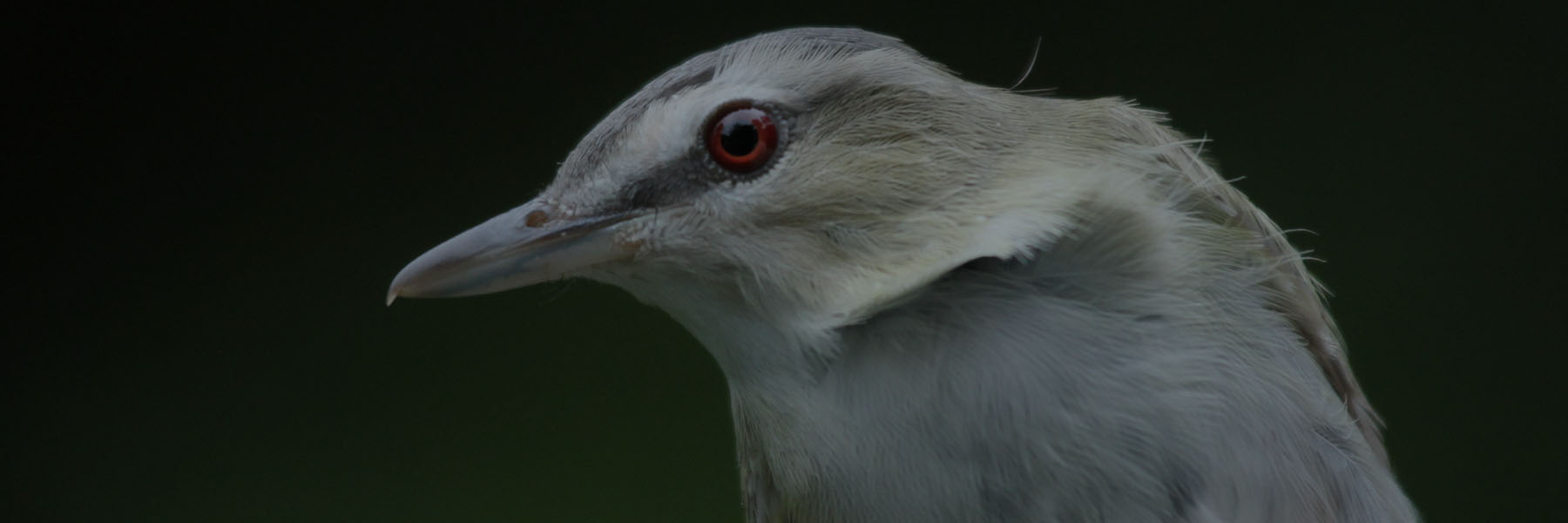Birds in Hand
Leave a CommentOn Monday morning, I was invited with a friend to see a private bird banding at Jacobsburg State Park near Wind Gap, Pennsylvania. Of course, I brought my camera and took some “cheat” photos of birds right before they were released back into the wild. The banders taught us a few things about the markings and how to age and sex some of the birds – it was overall a great experience!
The first bird we watched getting banded was a good one – a young Rose-breasted Grosbeak who would not stop biting the bander’s hand.

This young male Rose-breasted Grosbeak was very bitey
The most common species were the Catbird and Tufted Titmouse. Many of them were young and they were also the loudest.

A very young Gray Catbird who is still growing feathers

This Tufted Titmouse waited calmly to be banded and examined
The only two Warblers they caught were an Ovenbird and Chestnut-sided Warbler.

The first captured Warbler, an Ovenbird, was later recaptured and released

A male Chestnut-sided Warbler in fall plumage
We did, however, get three species of Vireo including our bird of the day – the Yellow-throated Vireo.

The Yellow-throated Vireo who stole the show

This Warbling Vireo was another good catch for the area

Adult Red-eyed Vireo with striking eye color
We also had two good insect visitors right next to the banding table – a Praying Mantis and Northern Walking Stick!

This Praying Mantis and Walking Stick hung out near the table
It’s pretty awesome to see song birds up close and personal, especially when they are typically up high in the trees. I can never get this detail “in the wild.”

Red-eyed Vireo

